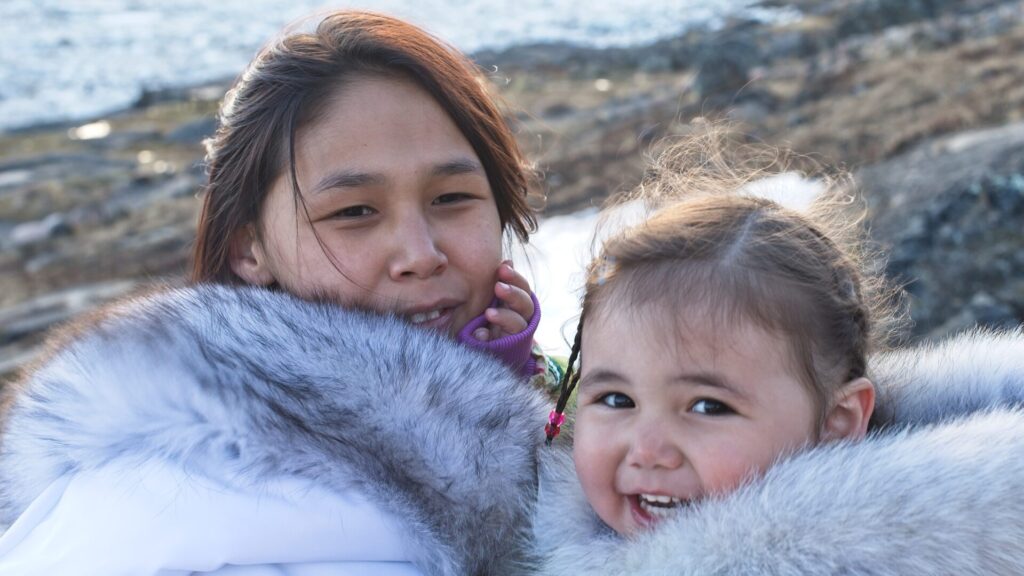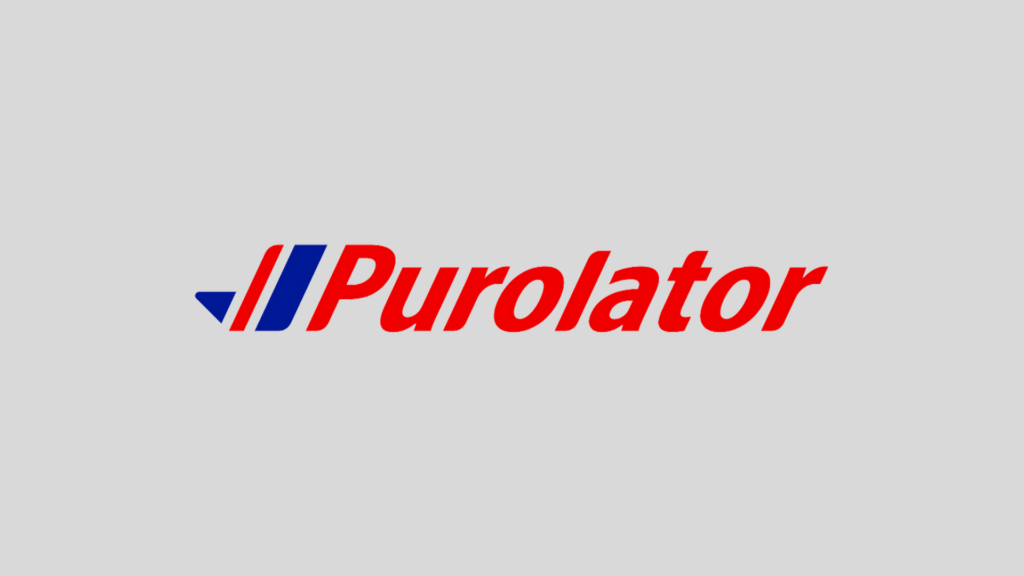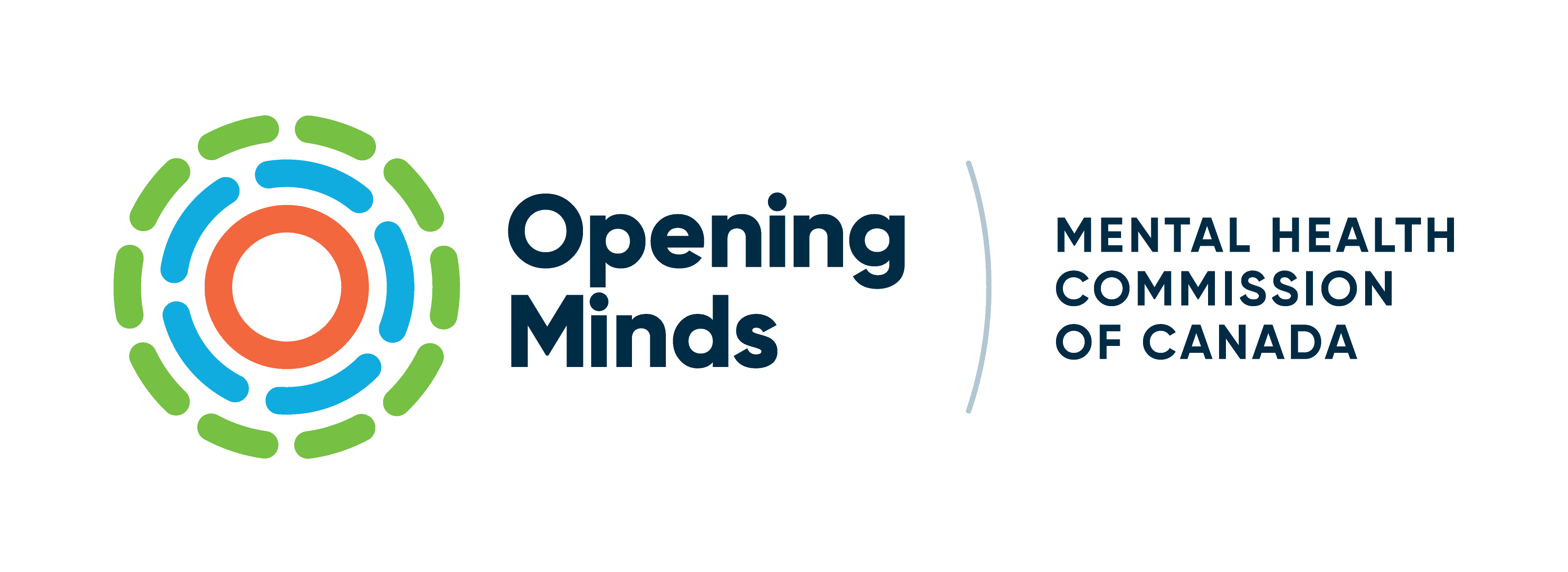Mental Health First Aid Northern Peoples
The Mental Health First Aid Northern Peoples course is guided by a number of important principles such as respect, cooperation, resilience, community, harmony, generosity and resourcefulness. Many of these values are used to guide Indigenous ways of living.
This course was designed to respect the importance of holism and balance. That means that the whole person – mental, physical, social, emotional and spiritual parts of a person – must be considered when providing Mental Health First Aid (MHFA). It also means that for someone to be healthy, all parts must be balanced.
Course model
In the MHFA course, you will gain a solid understanding of the 5 basic actions of ALGEE:
Assess the risk of suicide and/or harm
Listen non-judgmentally
Give reassurance
Encourage professional support
Encourage other supports
ALGEE is the framework for having a confident conversation about mental health with family, friends, colleagues, and strangers.
Key outcomes
International evaluations and feedback have found the following outcomes for participants undertaking an MHFA course:
- increased awareness of signs and symptoms of the most common mental health problems;
- decreased stigma related to mental health;
- increased confidence interacting with individuals experiencing a mental health problem or crisis;
- increased help actually provided to individuals in crisis or experiencing a mental health problem.

Crisis first aid skills learned
- Substance overdose
- Suicidal behaviour
- Panic attacks
- Acute stress reactions
- Psychotic episodes
Course sections
1. Mental health and stigma
- What is mental health?
- Historical context of Indigenous well-being
- Mental health problems and specific groups
- Protective factors
- Mental health problems and recovery


2. Mental Health First Aid
- What is Mental Health First Aid?
- Why use Mental Health First Aid?
- The five basic actions of ALGEE
- Engage in self-care
3. Substance-related disorders
- What is a substance-related disorder?
- Types of substance-related disorders
- Concurrent disorders
- Signs and symptoms
- Categories of substances
- Risk factors
- MHFA for substance-related disorders


4. Mood-related disorders
- What is a mood-related disorder?
- What is grief?
- Types of mood disorders
- Substance use and mood disorders
- Suicide
- MHFA for mood-related disorders
5. Anxiety and trauma-related disorders
- What are anxiety and trauma-related disorders?
- Types of anxiety and trauma-related disorders
- Signs and symptoms
- Risk factors
- Substance use and anxiety-related disorders
- MHFA for anxiety and trauma-related problems
- Crisis first aid for panic attacks
- Crisis first aid for acute stress reactions
- Treatment and resources

UPCOMING COURSES ACROSS CANADA
Interested in mental wellness training?
We have upcoming courses fit for your needs and in formats that work with your life.
Search our courses
Looking for more information before making a decision?
Our Impact at Work

Latest News

